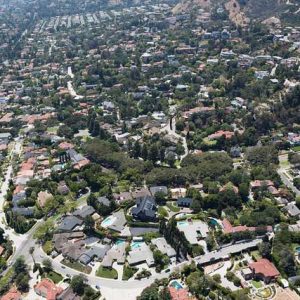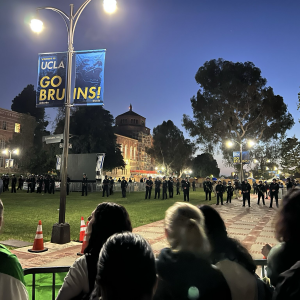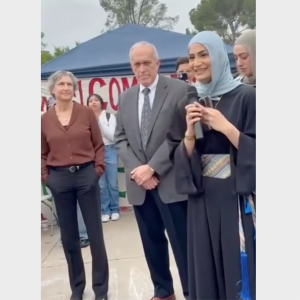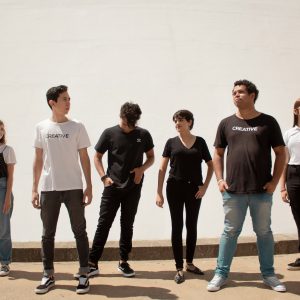 View Winners →
View Winners → PUSD Ponders Peeping at Pupils’ Social Media

– Photo by Terry Miller
By Terry Miller
Pasadena Unified School District is having “preliminary conversations” about the use of software that is available to monitor student’s social media. Adam Wolfson, outgoing Public Information Officer for PUSD, had this to say in an email Wednesday:
“There have been very preliminary conversations among the district’s Child Welfare, Attendance and Safety Department but there is no timetable for a decision on whether to use such software. “The district has an anonymous tipping system where staff, students, parents or members of the community can send a text message to 888777 with the phrase “tip pusd” and a description of the issue or click on the tipping button at pusd.us.”
Wolfson added that the district was not considering the issue, just in discussion mode. “Considering is an overstatement. We are aware of their use of it and our Child Welfare, Attendance and Safety office have had very preliminary discussions concerning its use,” he clarified.
Glendale Unified and Monrovia Unified have both invested in the software from a company called Geo Listening.
“Geo Listening’s unique monitoring service will process, analyze, and report the adverse social media from publicly available student posts. The service provides a daily report that illuminates the social and emotional needs of students in the many ways that may present itself. We align our reporting criteria with existing school district procedures and board policy as they relate to student conduct and safety. The daily report takes into account frequency and severity of a student’s posts. Sample categories include: bullying, cyber bullying, despair, hate, harm, crime, vandalism, substance abuse, truancy and many others as deemed by state and local guidelines.
“Geo Listening provides you with timely information related to the students and the community that you serve. Our goal is to help you keep your students focused on their education and on the path to success in a safe and supportive environment,” this according to their website.
The California Legislature, reacting to Glendale’s foray into a new frontier of electronic surveillance, last September passed a bill setting boundaries for such programs. For instance, districts had to inform parents and students before monitoring began – something Glendale apparently did not do.
The American Civil Liberties Union is opposed to social media monitoring, but staff attorney Brendan Hamme said Assembly Bill 1442 “was a step in the right direction for California school districts.”
Other safeguards for students’ privacy now in place due to AB 1442 include:
- Allowing students the opportunity to examine information collected about them.
- Requiring that any such information be destroyed within one year of a student turning 18 or leaving the district.
Geo Listening was contacted for this story but declined any specifics saying only “Geo Listening reports public posts made to social networks that raise concern and violate student code of conduct. Reports are made to designated school staff, thereby enabling more timely and effective interventions.
“We will gladly share success stories that are not specific to any given client so that you will have examples of our work and its benefit to students.
“We will NOT disclose the following:
-Client names
-Number of customers
-Number of employees
-Specifics of our technology.
-Any personally identifiable information.”




































































































